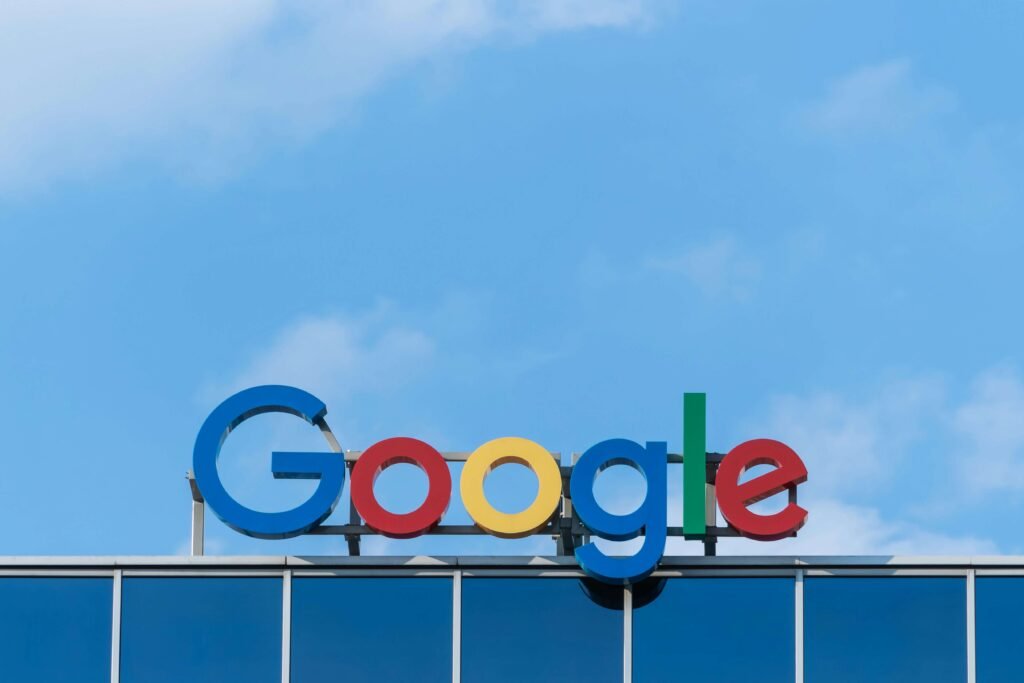Google has teamed up with Kairos Power to power its AI data centers using small nuclear reactors. According to the deal, the remaining Google nuclear reactors will be operational by 2035, with the first going online later this decade. An increasing number of IT organizations are resorting to nuclear energy to meet the high power demands of AI systems.
While highlighting the importance of new energy sources to fuel AI technology, Google’s senior energy director, Michael Terrell, did not provide the reactor sites or financial details. He stated that to leverage AI effectively, they must hasten the development of dependable, renewable energy
Using molten fluoride salt as a coolant in Kairos Power’s small reactors is a significant improvement over conventional nuclear power facilities, which use water. These small reactors provide IT businesses with a viable option for reducing emissions and addressing growing energy consumption. Kairos executive Jeff Olson said collaboration is crucial to commercializing advanced nuclear energy for decarbonizing power networks.
However, both federal and state regulators in the United States must approve the project before it can proceed. Last year, Kairos Power made history by receiving a license to build a new type of nuclear reactor. It was the first such approval in fifty years. The company has started constructing a test reactor in Tennessee as a first step in its nuclear power venture.
Global data center energy use will quadruple by the end of the decade, increasing renewable energy demand. Due to its constant availability and minimal environmental impact, nuclear power is gaining appeal among IT companies.
Amazon and Microsoft have also announced plans to create nuclear-powered data centers, indicating that the IT sector is turning toward nuclear energy for sustainability. Nuclear power carries risks, such as coping with long-lasting radioactive waste, argue critics.








